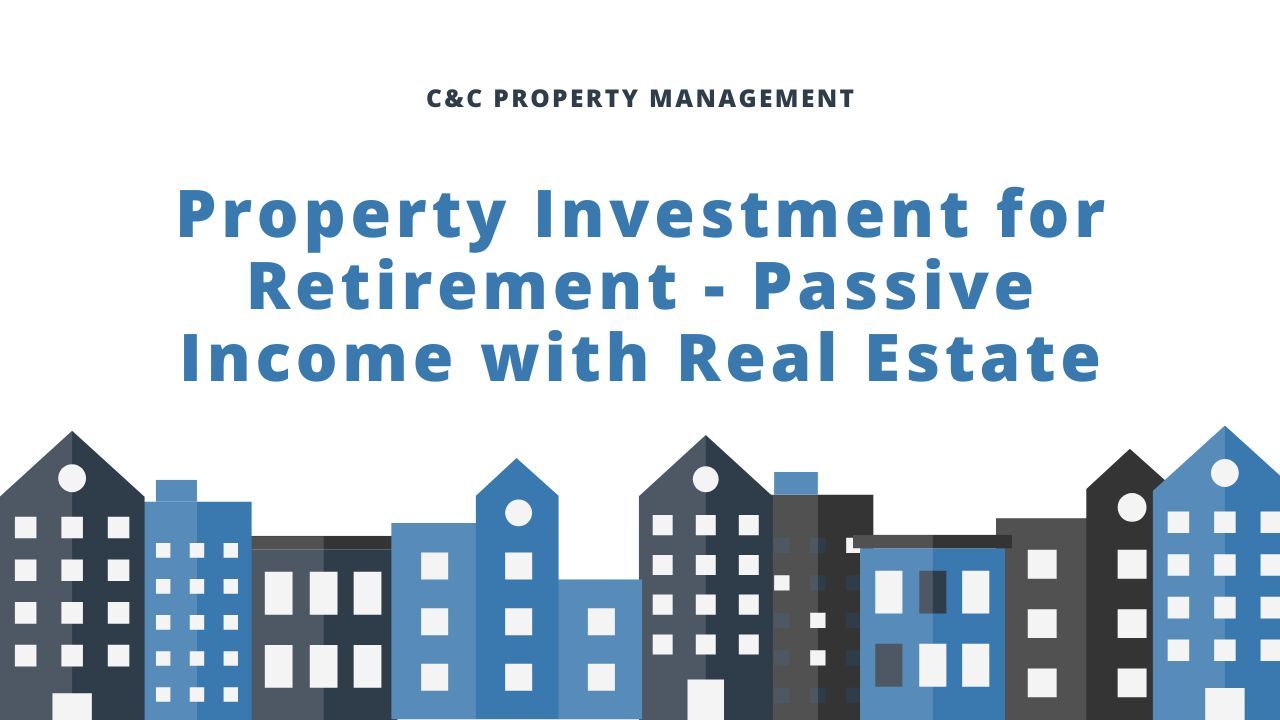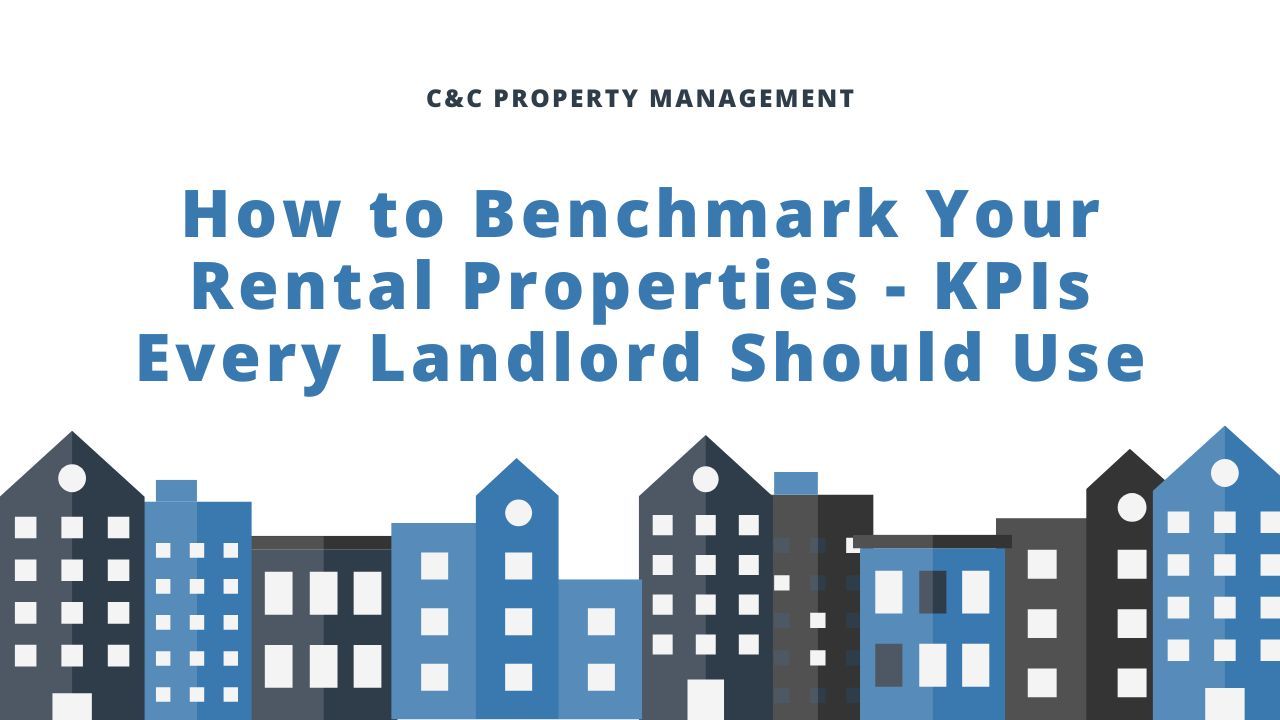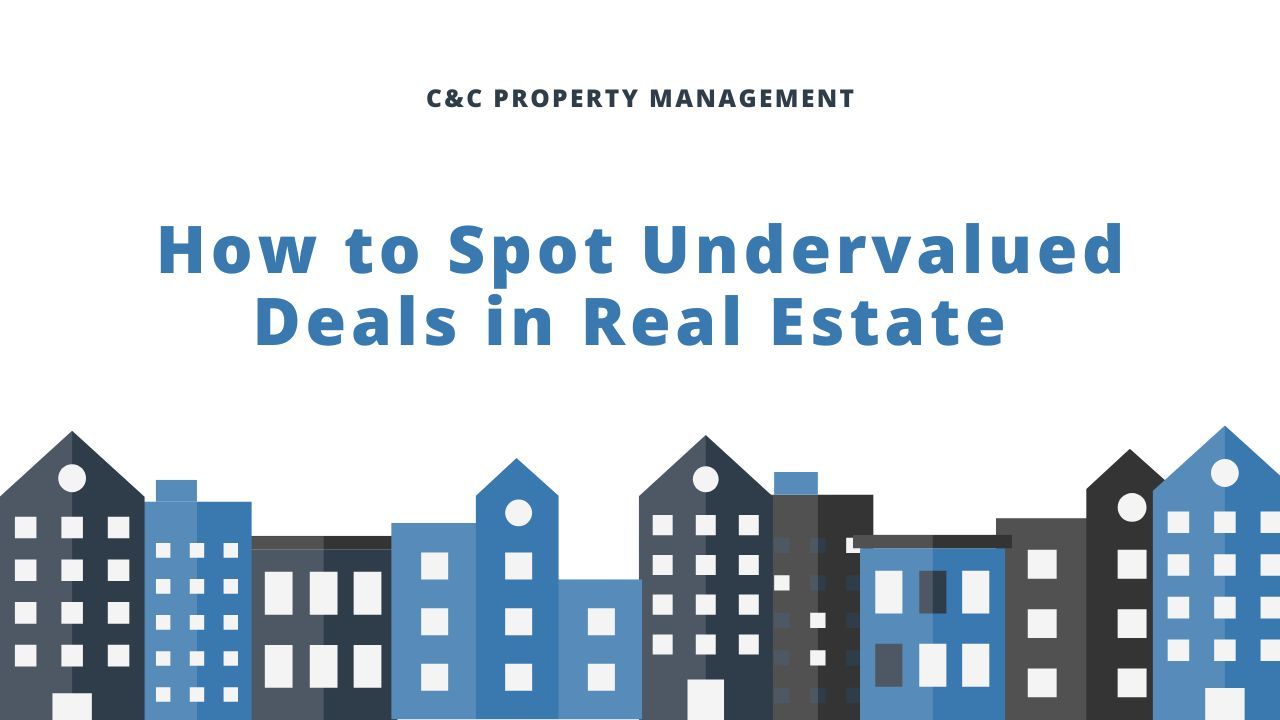Maximizing Your Investment Property: 3 Alternatives to Selling for Tax Savings
As an investor, there may come a time when you consider selling your investment property.

However, before making a rash decision, it's essential to consider all of your options. There are alternatives to selling your investment property that can help maximize your tax savings and provide long-term benefits. In this blog post, we will discuss the top three alternatives to selling your investment property.
1031 Exchange
The first alternative to selling your investment property is utilizing a 1031 exchange. A 1031 exchange allows you to swap your investment property for a like-kind property while deferring capital gains taxes. This option comes with some strict rules and IRS regulations. However, if you're close to retirement, using a 1031 exchange is an excellent choice when planning your estate.
The benefits of a 1031 exchange include deferred capital gains tax, cash flow from tenant rent, property appreciation, increased purchasing power, and estate planning. If you hold onto the property and add it to your estate, your heirs will not be liable for the deferred capital gains tax. Essentially, your heirs can sell the property without paying the back taxes originally owed from the 1031 exchange.
Opportunity Zone Fund
The second alternative to selling your investment property is investing in a Qualified Opportunity Fund (QOF). If you've been using any tax deferral strategies for your investment properties, you may face a significant tax liability when selling your investment property. Investing in a QOF allows investors to potentially defer and reduce capital gains on their investments by moving their capital into a QOF.
The tax benefit you receive on your QOF investment will depend on how long you have held it. If you hold onto your investment in the QOF for ten years, all of the capital gains tax could be permanently erased. The benefits of an Opportunity Zone Trust include estate planning, maximizing unused exemption, deferred capital gains tax, tax-free disposition of the investment, and more.
Charitable Remainder Trust
The third alternative to selling your investment property is transferring your investment property into a charitable remainder trust. This option is tax-exempt, meaning you not only reduce your estate taxes but could sell your property via the trust at any time without paying any capital gains tax. You could reinvest the funds from the sale back into the trust, which will then act as a passive source of income while reducing your tax obligations.
For those who enjoy philanthropy or do not have heirs to pass their estate to, a charitable remainder trust can be an excellent option for your estate planning. When the trustor passes away, the remaining funds in the trust will be given to a specified public or private charity.
It's important to note that a charitable remainder trust is irrevocable, which can be both a benefit and a disadvantage. By transferring assets into a charitable remainder trust, you are essentially removing your ownership rights over those assets. This can be advantageous as it removes those assets from your estate. You won't have to pay taxes on the funds and can still be paid an income from the trust. It can also be a disadvantage because irrevocable trusts can be extremely difficult to modify or terminate as you technically no longer "own" the assets inside the trust.
In conclusion, selling an investment property is not always the best option. There are alternatives to consider, including a 1031 exchange, a Qualified Opportunity Fund, and a charitable remainder trust. Meeting with your wealth management team and financial advisors is wise for any major financial decision. Whether you choose to sell or use one of the alternative strategies listed above, you'll need your team to help you better understand each option's tax liabilities and financial impact. By considering these alternatives, you can maximize your tax savings and provide long-term benefits for yourself and your heirs.








